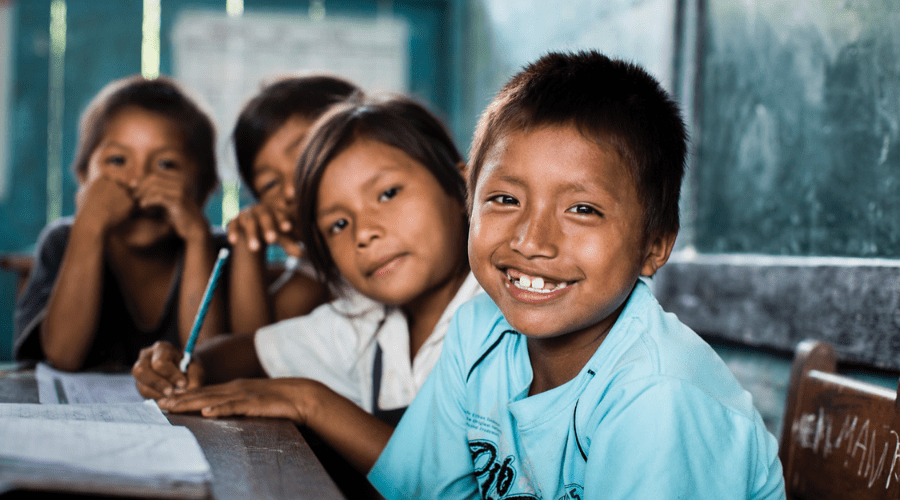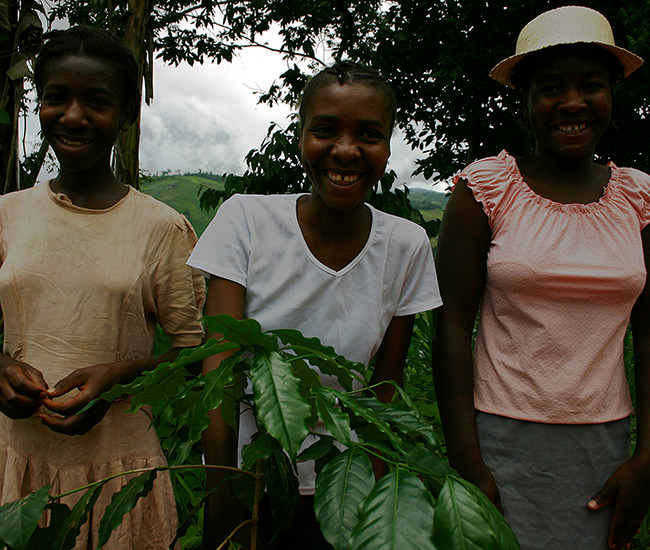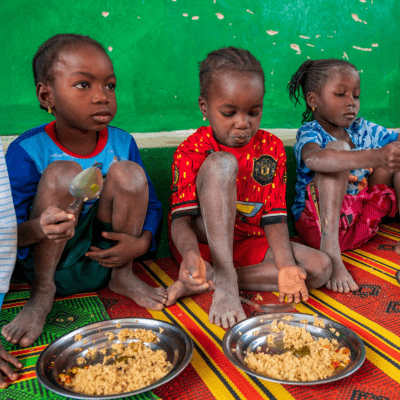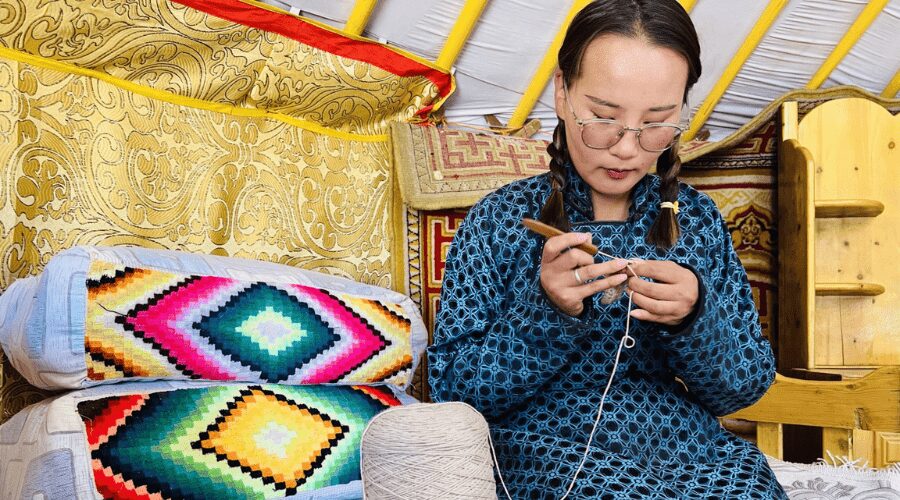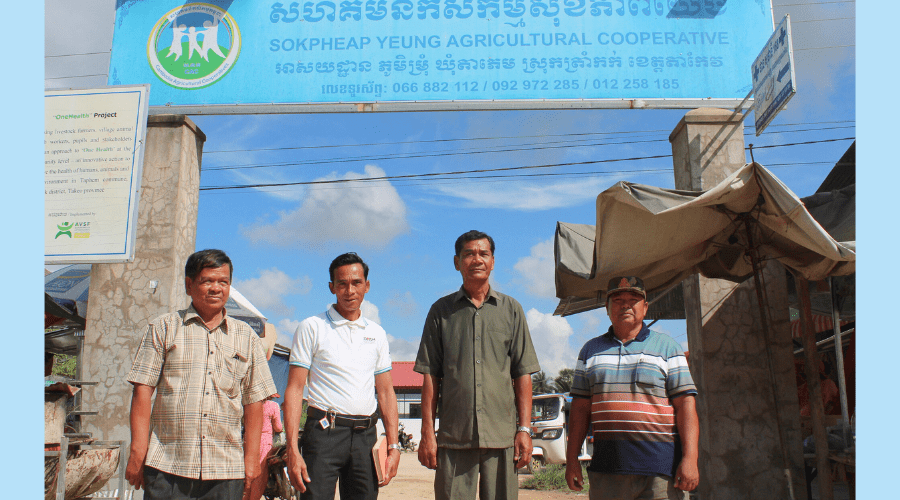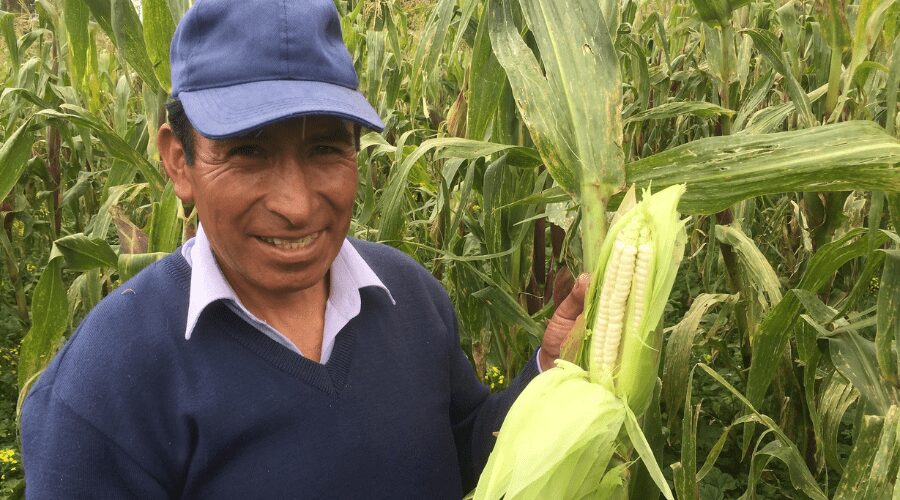Unused potential
In West Africa, 2 out of 3 people are under 25. These young people represent a source of innovation and hope, provided we invest in their potential. However, young people in the countries of the South generally face discrimination, lack access to the means of production and are under-represented in decision-making bodies, to the benefit of their elders. They also suffer from a lack of targeted programmes and have few opportunities to express themselves. Between the difficulties of setting up in business, the arduous nature of the work, low incomes and the lack of opportunities in agricultural sectors, many young people are turning away from the countryside to try their luck in the city. This rural exodus deprives territories of the creativity and capacity for change of young people, who could respond to the challenges of food security, climate change and the preservation of natural resources.
Building solutions together
Offering prospects to young people in rural areas is at the heart of the concerns of AVSF and its partners. In order to provide the best possible support for the socio-economic integration of young people in the countries where we work, it is essential to listen to their specific needs. Offering turnkey solutions would be pointless, as situations and trajectories vary so much from one territory to another. Considering young people as partners in their own right and making them stakeholders in the development and implementation of programmes aimed at them is the basis of our approach. Ensuring a future for young people also means acting on the social environment to change perceptions of their place and role in society, with the aim of better integrating them into representative and decision-making bodies.
Acting in the south
In order to give young people the means to flourish in their region, AVSF works first and foremost on the attractiveness of the region agricultural sectors. Improving incomes, reducing drudgery, making it easier to set up and gain access to finance and land are all levers that help to make the farming and livestock breeding professions more attractive to new generations. This work must be accompanied by high-quality technical training to enable young people to acquire the knowledge they need to produce and sell healthy food in sufficient quantities, in conditions that respect the planet and natural resources. To ensure that their activities are as viable and profitable as possible, AVSF also develops and strengthens their skills in cross-disciplinary areas such as entrepreneurship and setting up economic projects, financial management, commerce and leadership. Finally, our actions aim to create decent agricultural and non-agricultural jobs. As they develop their activities, farmers’ organisations become more professional in areas such as upstream and downstream production, and need new skills to serve their members (logistics, management, accounting, marketing, etc.).
… but also in France
While the majority of our actions take place in Africa, Latin America and Asia, we are also active in France to raise awareness among the general public and schoolchildren about the challenges of solidarity and peasant farming. AVSF considers that Education for Citizenship and International Solidarity is an integral part of its mission. Every year, we raise awareness among more than 1,600 pupils, from primary to secondary school, the future citizens of tomorrow.
With their thirst for change and their ability to take risks and innovate, young people are an essential asset in building the rural areas of tomorrow. Areas that are resilient in the face of climate change, socially and economically stable, and self-sufficient in their food production.
